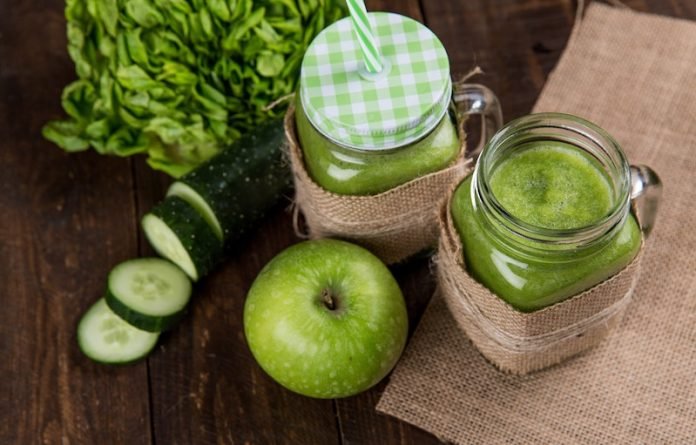
It’s no secret that eating fruits and vegetables is good for our health, and a new study has found that the national supply of these foods has a significant impact on our blood pressure.
The research was conducted at the University of Kent and the University of Cambridge.
The study looked at trends in fruit and vegetable supply from 1975 to 2015 and examined whether they met the World Health Organization’s (WHO) recommendation of consuming 400g of these foods per day.
The researchers found that increased availability of fruits and vegetables resulted in lower levels of raised blood pressure at the national level.
This is important because high blood pressure is a major health concern worldwide and is associated with several chronic diseases, such as heart disease, stroke, and kidney disease.
The study’s findings suggest that increasing the availability of fruits and vegetables could help to reduce the risk of developing these conditions.
However, the study also found that many countries, particularly low-income countries, do not have access to enough fruits and vegetables.
This lack of access puts these countries at a higher risk of raised blood pressure and related health problems.
The team explained that “Lower income countries that have a reduced availability of fruit and veg, are therefore at risk of higher levels of raised blood pressure.”
This is a serious issue that needs to be addressed urgently through national and international policies that promote the expansion of fruit and vegetable productivity to ensure a sustainable supply.
In addition to policy changes, public health programs should target fruit and vegetable consumption at the recommended levels to reduce the burden of non-communicable diseases both nationally and globally.
This study is particularly timely given the current climate, where the COVID-19 pandemic has brought food supply issues to the forefront.
The research highlights the importance of ensuring a sustainable supply of fruits and vegetables for everyone, regardless of their income level.
Overall, the findings of this study underscore the crucial role that fruits and vegetables play in maintaining good health and highlight the need for global efforts to improve their availability and consumption.
The study was published in BMJ Nutrition, Prevention & Health, and it offers a valuable insight into the relationship between national fruit and vegetable supply and blood pressure trends.
High blood pressure, also known as hypertension, is a condition where the force of blood against the walls of the arteries is too high.
When blood pressure is consistently high, it can cause damage to the blood vessels, organs, and other systems in the body.
This can lead to serious health complications such as heart disease, stroke, kidney disease, and even blindness.
Blood pressure is measured using two numbers: systolic pressure, which is the pressure when the heart beats, and diastolic pressure, which is the pressure when the heart is at rest between beats.
A normal blood pressure reading is generally considered to be around 120/80 mmHg (millimeters of mercury) or lower.
Blood pressure readings between 120-129/80 mmHg are considered to be elevated, while readings of 130/80 mmHg or higher are classified as high blood pressure.
There are many risk factors associated with high blood pressure, including a diet high in salt, a lack of physical activity, being overweight or obese, smoking, and having a family history of hypertension.
It is important to get regular check-ups with a healthcare provider to monitor blood pressure levels and take steps to prevent or manage high blood pressure.
Treatment for high blood pressure may include lifestyle changes such as eating a healthy diet, exercising regularly, quitting smoking, and reducing stress.
In some cases, medication may be necessary to help lower blood pressure levels. The goal of treatment is to bring blood pressure down to a safe range and reduce the risk of complications.
If you care about blood pressure, please read studies about unhealthy habits that could increase high blood pressure risk, and people with severe high blood pressure should reduce coffee intake.
For more information about blood pressure, please see recent studies about how diets could help lower high blood pressure, and results showing coconut sugar could help reduce blood pressure and artery stiffness.
The study was conducted by Dr. James Bentham et al.
Copyright © 2023 Knowridge Science Report. All rights reserved.



